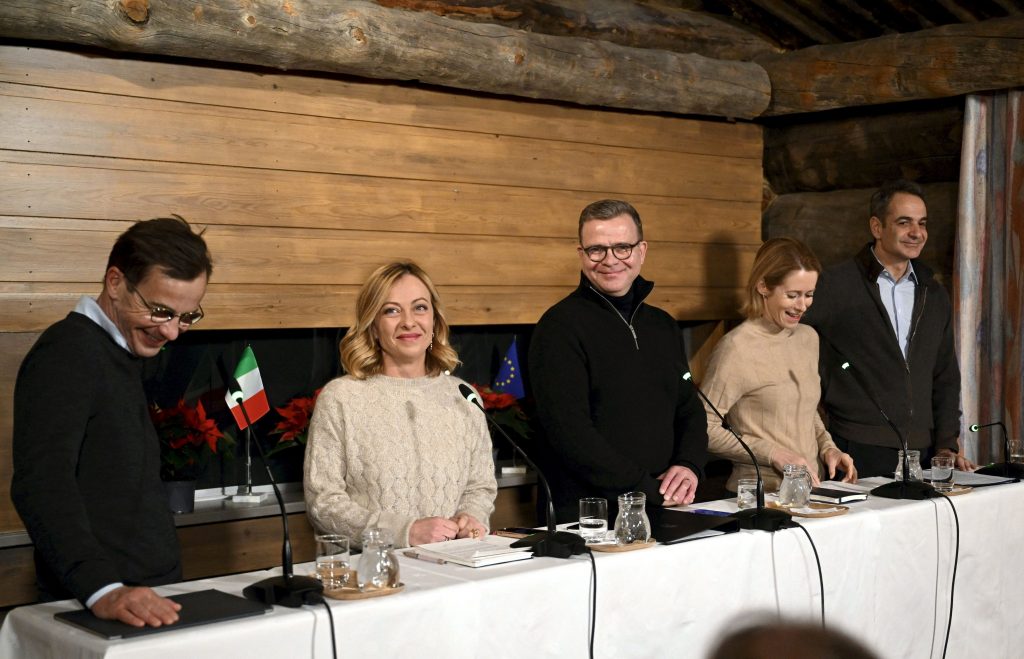When Greece first raised the issue of reclaiming the Parthenon Marbles, the British countered with several arguments. One key contention revolved around “ownership,” citing a supposed legal document, the “firman,” as evidence of Lord Elgin’s legal acquisition of the Marbles.
However, a recent development at UNESCO, dealt a blow to this argument. The Turkish Ministry of Culture official stated unequivocally during a session at the Intergovernmental Committee for Promoting the Return of Cultural Property to Countries of Origin (ICPRCP) that there is no legally binding “firman”- an official legal document of the Ottoman era – legitimizing the removal and purchase of the Parthenon Marbles by Lord Elgin in 1816.
This was also evident from the reaction of the British Museum, whose spokesperson expressed a desire for a “realistic solution.”
Over the years, Greece has methodically chipped away at the British Museum’s arguments. Initially, the Museum claimed that Greece lacked the infrastructure to protect the cultural treasure adequately, an argument that has become redundant after the opening of the sate of the art Acropolis Museum at the foothill of the Acropolis.
Another point raised was the reputation of the British Museum, boasting millions of visitors who could appreciate the ancient Greek Sculptures. However, a recent report revealed that the Parthenon Marbles, along with Assyrian and Roman artifacts, are housed in an antiquated room in the British Museum on the verge of crumbling, with leaky roofs, peeling paint from the walls, problematic climate control, and cracked floor tiles.
With the recent UNESCO development and the British Museum‘s call for a pragmatic approach, it is evident that the discourse has shifted. It is no longer merely about the longstanding request for the Marbles’ return but about formulating a viable plan for reunification.
This transition highlights the need for careful diplomacy. Negotiations must proceed delicately, focused solely on the goal of returning the Marbles to their rightful place.


